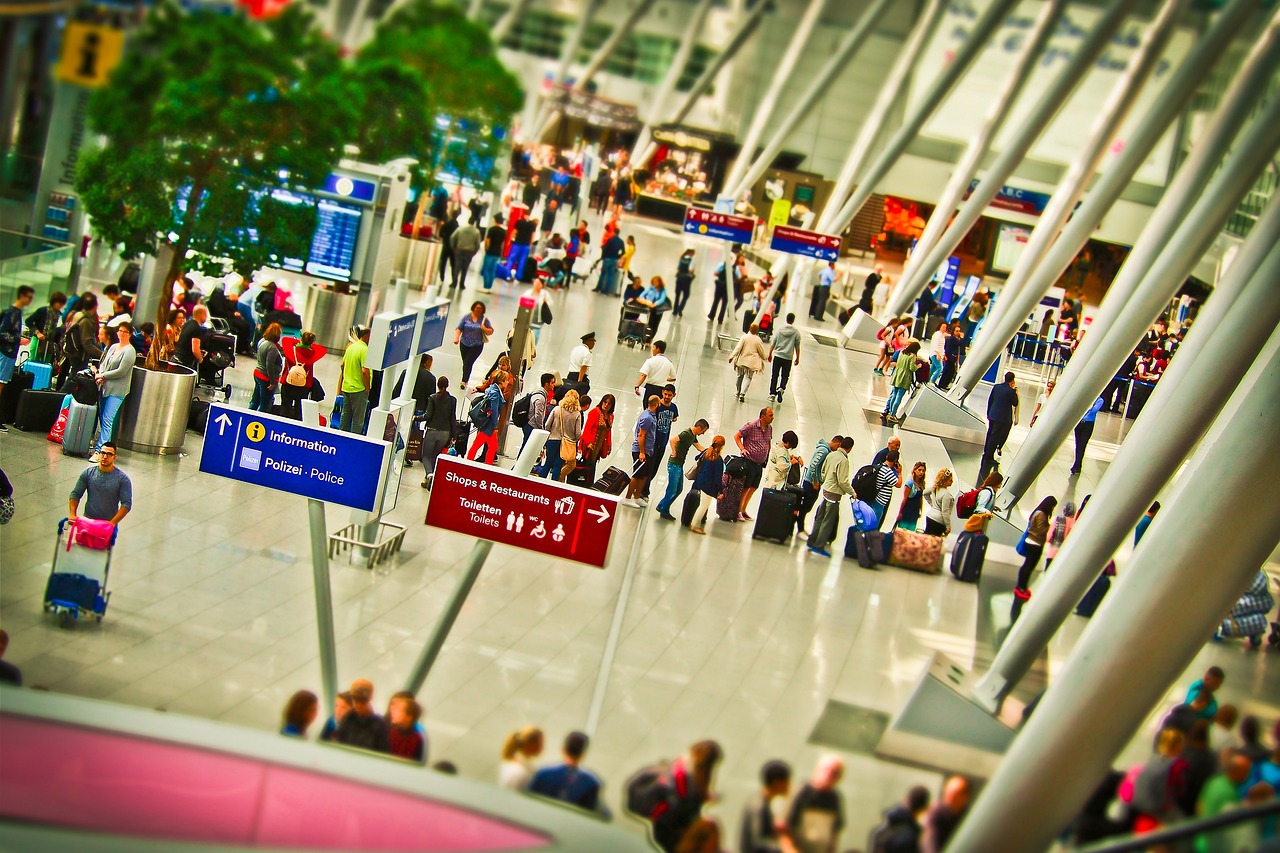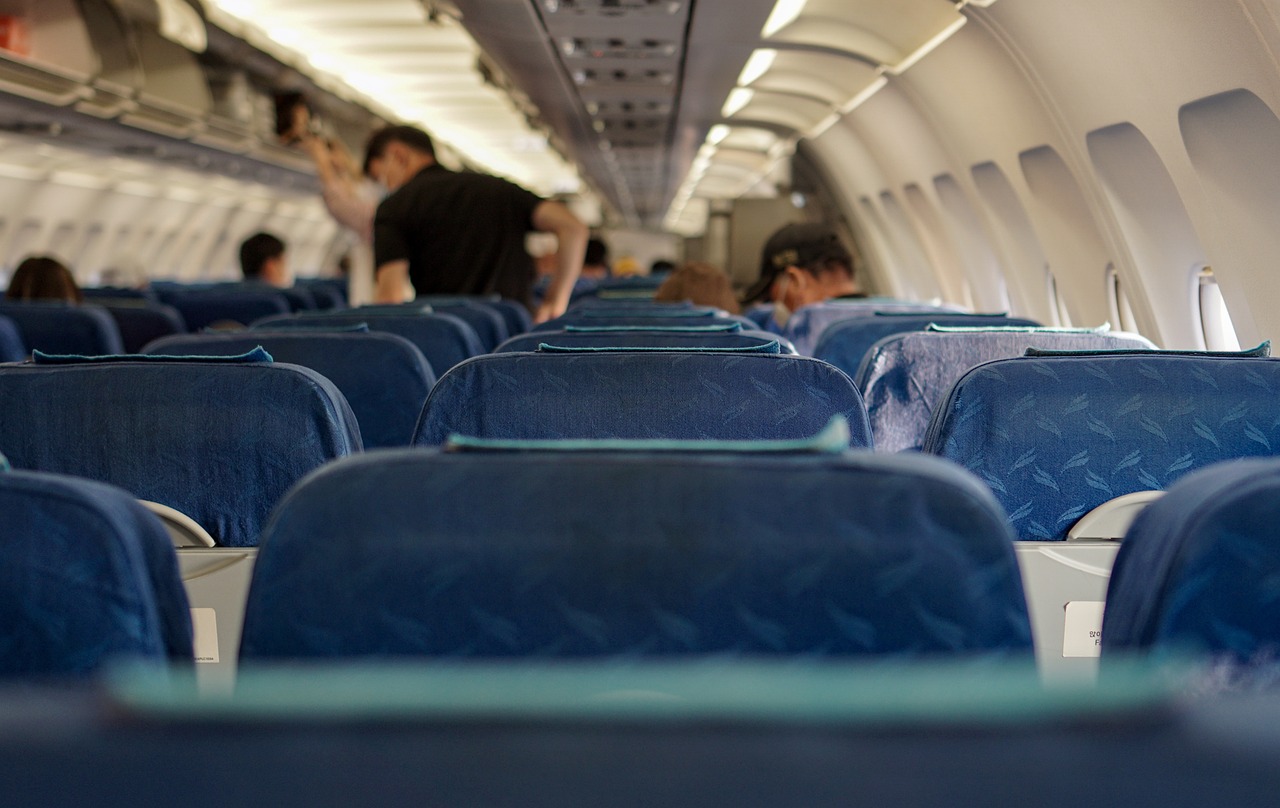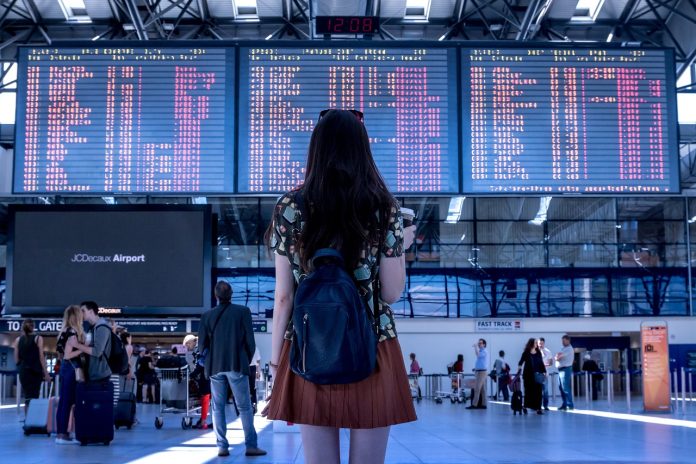When it comes to air travel, delays are an unfortunate reality that many passengers have experienced at some point. From weather-related issues to technical problems, there are numerous factors that can cause flights to be delayed. However, not all airline companies are created equal when it comes to managing and minimizing delays. If you want to avoid the frustration and inconvenience of flight delays, it is important to choose the right airline company. Here are some tips to help you make the best choice.
1. Research the airline’s on-time performance: Before booking a flight with any airline, take the time to research its on-time performance. Many airlines provide statistics on their website or through third-party websites that track flight delays. Look for airlines that consistently have a high percentage of on-time arrivals and departures. This information will give you a good indication of the airline’s reliability.
2. Consider the airline’s fleet size and age: Older aircraft are more prone to mechanical issues, which can lead to delays. Look for airlines that have a newer fleet or regularly update their aircraft. Larger airlines often have a larger fleet, which means they have more backup options in case of any technical problems. Additionally, airlines that invest in regular maintenance and inspections are more likely to have fewer delays caused by mechanical issues.
3. Check the airline’s customer reviews: Reading reviews from past passengers can give you valuable insights into an airline’s performance when it comes to delays. Pay attention to any recurring complaints about delays and how the airline handles them. Look for airlines with positive reviews indicating efficient communication and proactive measures to minimize delays.
4. Consider the airline’s hub location: Airlines that have major hubs in regions with unpredictable weather conditions may be more prone to delays. If you frequently travel to destinations known for severe weather, consider choosing an airline with a hub located in a more stable climate. This can help reduce the likelihood of weather-related delays affecting your flights.
5. Look for airlines with flexible scheduling: Airlines that have multiple flight options throughout the day offer more flexibility in case of delays. If your flight gets delayed, airlines with frequent flights to your destination can easily rebook you on the next available flight without causing significant disruption to your travel plans.
6. Consider the airline’s customer service reputation: Dealing with flight delays can be stressful, so it is essential to choose an airline with a good customer service reputation. Look for airlines that have a responsive and helpful customer service team that can assist you in case of delays. A company that prioritizes customer satisfaction is more likely to go the extra mile to minimize delays and provide support during any unforeseen circumstances.
By considering these factors, you can make a more informed decision when choosing an airline company, ultimately reducing the chances of experiencing flight delays. Remember, while delays are sometimes unavoidable, selecting an airline with a strong track record in on-time performance and customer service can significantly improve your travel experience.



























